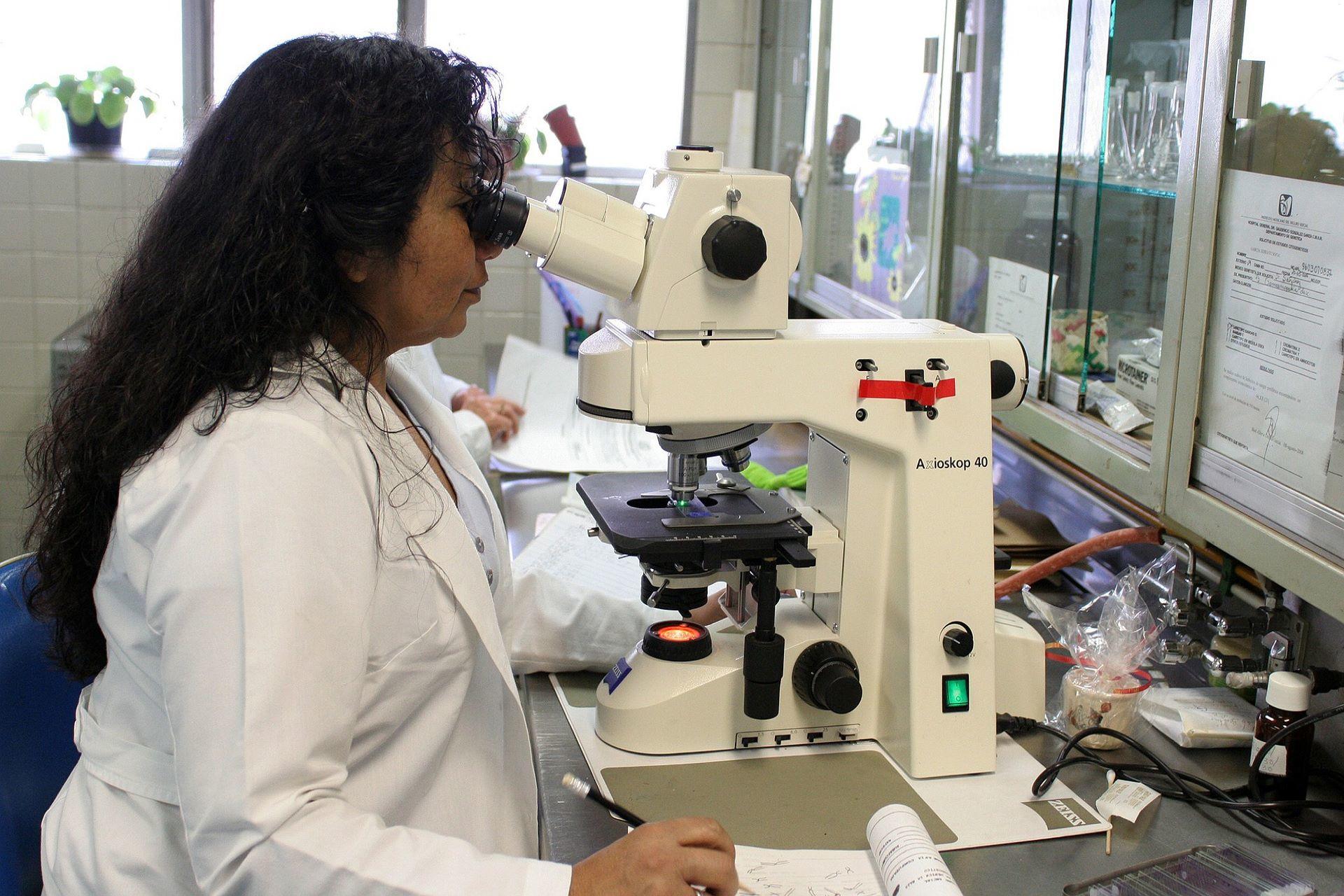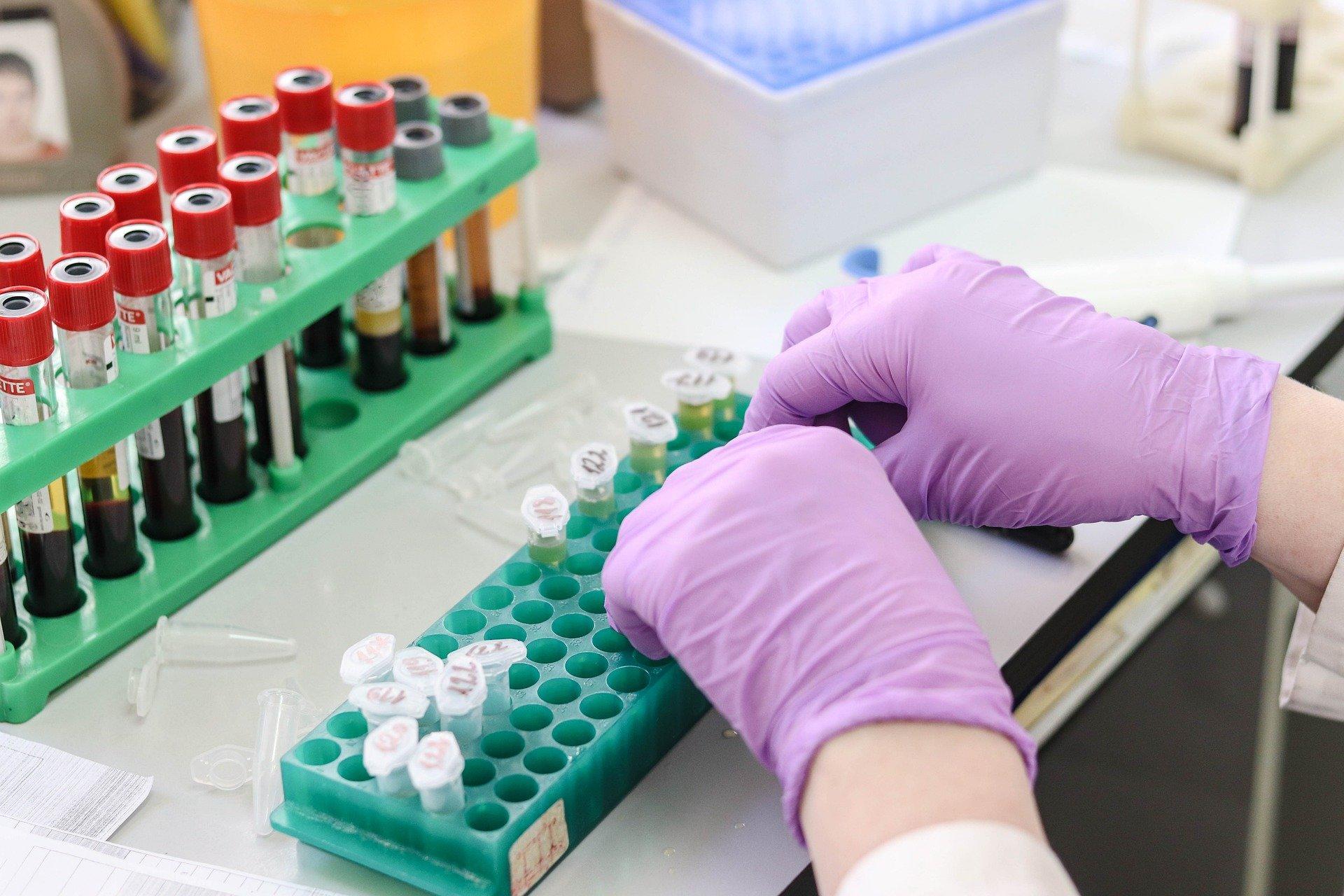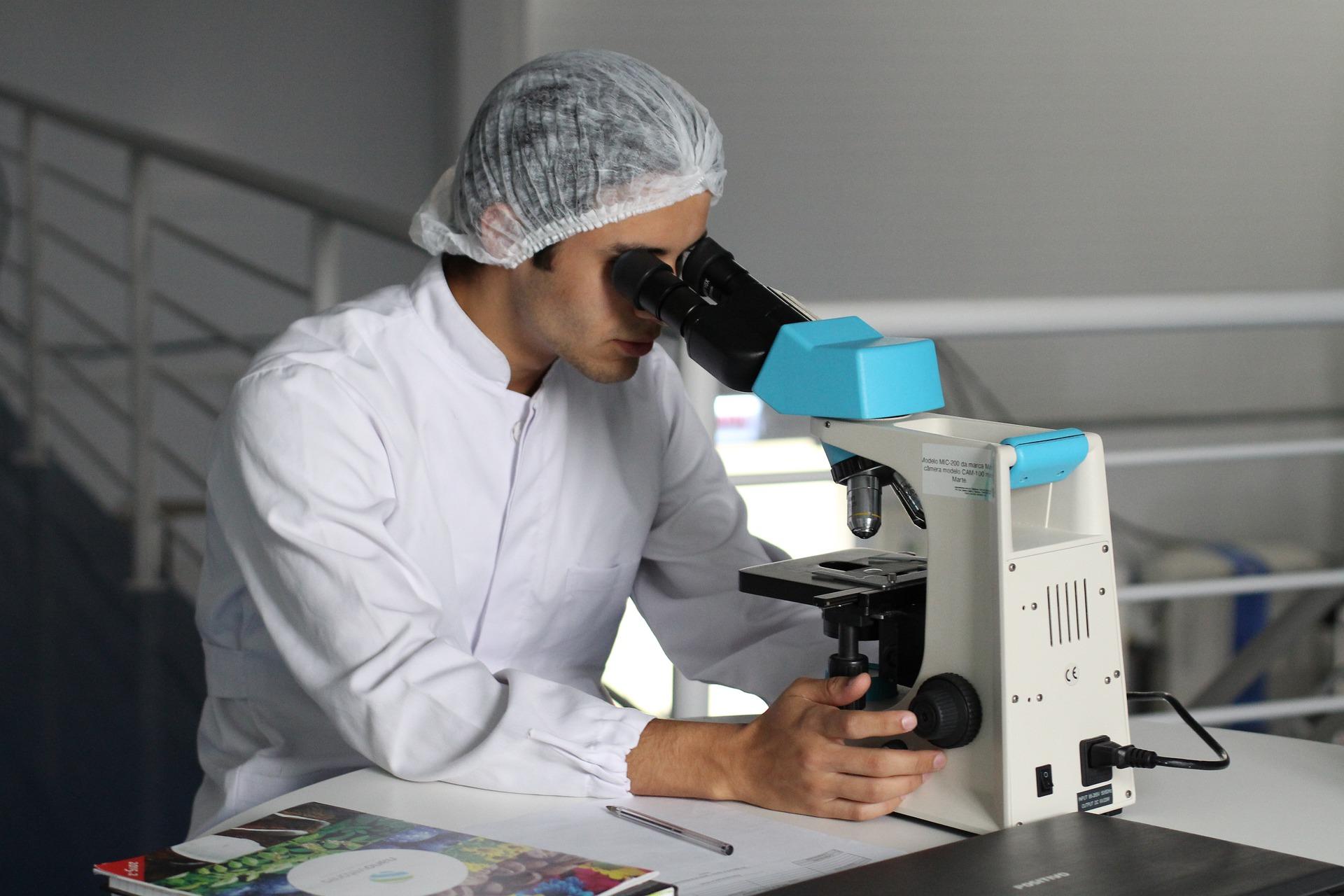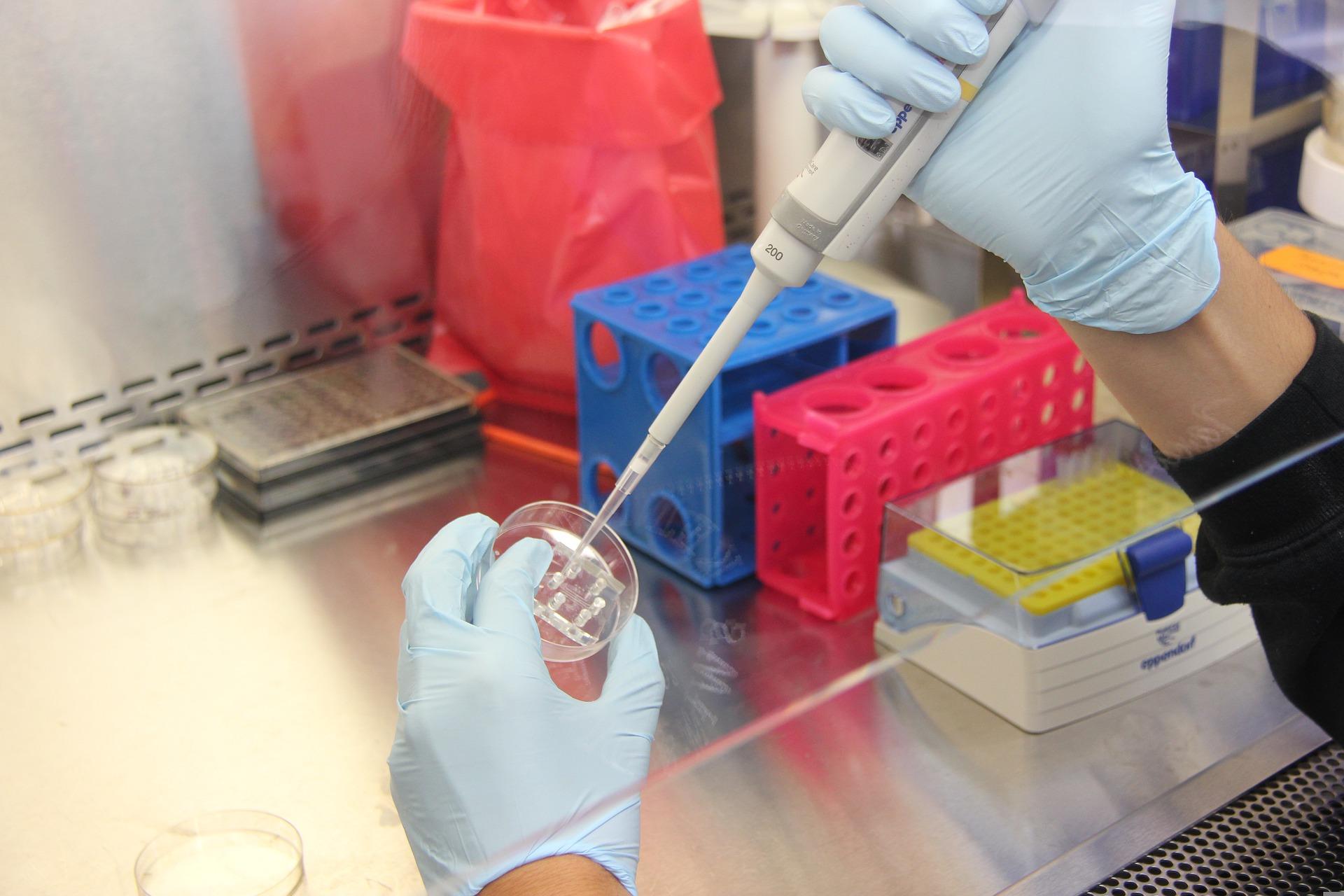Analytical chemistry has gained popularity among students due to its widespread usage and implementation. Analytical chemistry, nowadays, plays a significant role in our everyday lives. From the basic medical tests such as urine ketones, blood glucose levels, forensic surveys, and serum cholesterol to limiting values for environmental pollution and soil testing – all indicate how analytical chemistry is impacting our lives.
The analytical chemistry discipline's analytical techniques and practices help determine toxic waste levels within the soil, environment, and human body through various examinations, drugs, and salts. It is the science of gathering, evaluating, and communicating information regarding the structure and composition of matter. In a nutshell, analytical chemistry is the science and art of defining matter and its components.
In the present times, the analytical chemistry discipline involves the employment of sophisticated, modern scientific techniques.
Analytical chemistry is a lucrative and stable but challenging career choice for millions of students, but ultimately, it is responsible for major contributions to our society. It's one of the most popular fields chosen by students of science.
Students typically choose analytical chemistry classes either online or in school to advance their careers. Bear in mind, pursuing a degree in analytical chemistry requires an in-depth understanding and knowledge of classical and modern assessment. Additionally, numerous practical applications of analytical chemistry support the decision to proceed with analytical chemistry. For students in New York, options include chemistry tutors near me who offer both in-person and online guidance.

What Are the Insights of Analytical Chemistry?
Analytical chemistry is a branch of chemistry concerned with analyzing and assessing different substances – as the name suggests. It generally involves the identification, separation, and quantification of matter. It comprises of not only traditional methods but also modern, sophisticated techniques involving the implementation of scientific instruments.
On the surface level, four primary areas of analytical chemistry hold significance across diverse scientific disciplines, namely, acid-base methods, chromatography, spectroscopy, and potentiometry. The most general examples of analytical instruments employed in analytical chemistry include chromatographs, spectrometers, particle size analyzers, thermal analyzers, titrators, elemental analyzers, and so much more.
In a nutshell, analytical chemistry covers the implementation of various traditional and modern analytical instruments and processes used to separate, detect, and quantify chemical substances.
Having an analytical skillset supports deducing chemical structures and behaviors of varying matter. The research and development of processes and formulation is the key to continuously improving products, which is only possible through the implementation of analytical chemistry. Therefore, it has now become a vital function of corporations to gather all the necessary information in order to develop a product and bring it into the commercialization phase through the help of analytical chemistry.

What is the History of Analytical Chemistry?
Since prehistoric times, analytical chemistry has been significant due to its role in determining the nature and implementation of quantitative and qualitative analysis. Historically, the most important contributions made by this discipline include;
- Organic analysis discovery
- Elemental analysis by Justus von Liebig
- First ever spectroscopy instrument development
- Gas chromatography by Archer Martin and Anthony James
- Successful commercial implementation of HLLC in 1967
During that period, classical methods were usually used for weighting, flame tests, and titrations of staples.
In 1859, the first significant advancement of analytical chemistry was achieved by the works of Robert Wilhelm Bunsen and Gustav Robert Kirchhoff with the creation of the modern spectroscopy instrument, aka flame spectroscope.
However, the development of the flame spectroscope marks the beginning of analytical chemistry, and numerous other advancements were made in this disciple after 1900. The most common instruments used today, like HPLC and Gas Chromatography, were all developed after the 19th century.

Why is the Study of Analytical Chemistry Important?
Undoubtedly, analytical chemistry plays a significant part in all aspects of our daily lives and society by impacting areas such as medicine process control, medical diagnostics, forensic surveys, drug manufacturing, food production, and environmental monitoring. Analytical chemistry is also quite useful when it comes to examining and researching.
As discussed, analytical chemistry is the science focused on creating new knowledge, enhancing chemical analysis and assessment in order to respond to increasing demands.
The applications of analytical chemistry are widespread. A few of them include:
| S.no | Applications of analytical chemistry |
|---|---|
| 1. | Assuring compliance with environmental and other regulations |
| 2. | Supporting legal procedures and processes |
| 3. | Assuring the safety and quality of food, water, and pharmaceuticals |
| 4. | Providing documentation necessary for trade |
| 5. | Helping medical professionals diagnose illnesses |
| 6. | X-ray analysis |
Undeniably, analytical chemistry is of great importance in the field of clinical and biological analysis and medicine, as it helps determine essential nutrients in the body. Besides, its techniques are quite helpful in determining the toxic levels of waste in the body through tests such as cholesterol and uric acid. Students in cities such as Pittsburgh can find local chemistry tutors near me to gain practical experience and support.

How to Study for Analytical Chemistry?
Unquestionably, without analytical chemistry, one fails at making a vital decision regarding environmental pollution, soil remediation, or medical treatments.
Analytical chemistry will continue to remain a vital element of numerous undergraduate and graduate education – not only for engineers or scientists but for everyone who's interested in cross-disciplinary ideologies involving medicine, biology, and social science.
Wondering how to study for analytical chemistry?
There are plenty of options available to students when it comes to studying analytical chemistry. One of them is opting for online classes and certification courses as they are relatively cheaper and offer tailored attention. With so many digital educational institutions spread across the US, finding one that suits your needs can be overwhelming. Turn to Superprof, as their analytical chemistry online courses and tutoring programs are designed keeping in mind your expertise level and goals to help make analytical chemistry easy to study.

What Are Careers in Analytical Chemistry?
The most searched queries on Google or other search engine amongst chemistry students are "analytical chemistry jobs near me" or "careers in analytical chemistry."
Unquestionably, the need for educated, analytical chemists or chemical engineers in the future is not going to decrease; after all, it's a vital critical skill required across a wide range of businesses and niches.
According to the European Association for Chemical and Molecular Sciences (EuCheMS) survey, 15% out of 4500 chemists and chemical engineers belonged to analytical chemistry.
When it comes to analytical chemistry, the most sought-after profession is becoming an analytical chemist, as they implement their knowledge of chemistry, devices, techniques, and statistics to find solutions to challenges in almost all aspects of chemistry across a wide range of industries. They are generally responsible for performing laboratory research, processes and assisting in product development and design instruments, which all help with analytics of various disciplines.
If you are worried about not being able to find stable analytical chemistry jobs post your studies, remember this; businesses hire analytical chemists to perform numerous routine evaluations and assessments. They need professionals with a solid understanding of the subject matter, knowledge of using modern instruments, and experience in different types of analysis such as forensics, food, and environmental.
Having said that, the increasing demand for the implementation of modern analytical instruments and meeting regulatory requirements have created newer employment opportunities in the field of analytical chemistry across a number of niches, such as quality assurance, government regulatory & monitoring departments, entrepreneurial analytics, and quality control.
It shows that analytical chemistry offers good employment prospects for practitioners, making it the most in-demand clinical roles. Thanks to their analytical skills, analytical chemists are regarded as increasingly integral for businesses working upon product life cycles.
| S.no | Careers In Analytical Chemistry |
|---|---|
| 1. | Environmental sample testing specialists |
| 2. | Verifying health and safety standards in cosmetics |
| 3. | Pharmaceutical analysts' |
| 4. | Safety and control operations in FMGC products |
| 5. | Forensic analysis |
| 6. | Drug development |
| 7. | Soil monitoring |
| 8. | Toxicology |
| 9. | Agriculture chemists |
| 10. | Formulary chemists |
| 11. | Inorganic chemists |
| 12. | Industrial chemists |
| 13. | Hazardous waste chemist |
| 14. | Materials scientists |
Want to Gain an In-Depth Understanding of Analytical Chemistry With Superprof?
This blog aims to answer all your concerns and queries regarding analytical chemistry, such as: "what is analytical chemistry?", "Careers in analytical chemistry?", "analytical chemistry jobs near me?" and "how to study for analytical chemistry?"
Simply put, analytical chemistry is a science that deals with the implementation and employment of analytical instruments, quantitative and qualitative techniques, and processes to identify, separate, and record a chemical matter of substances. Unquestionably, students choosing to study analytical chemistry have comprehensive employment and career opportunities due to its vast applications in a variety of niches such as toxicology, drug development, forensic analysis, medical analysis, and product development.
When it comes to selecting the best analytical chemistry classes to qualify for analytical chemistry jobs, Superprof should be your go-to. Superprof is America's best mentoring and tutoring digital institute that aims at creating enhanced learning opportunities through an innovative one-to-one personalized platform. Our chemistry tutors have years of expertise and interactive sessions aimed at improving your understanding of the subject matter and developing strong critical analysis skills needed to create a mark in the analytical chemistry landscape.
Join today and say yes to career development!
Summarize with AI:
















